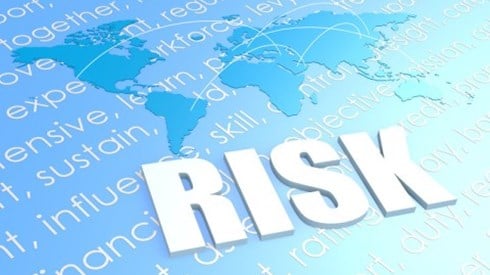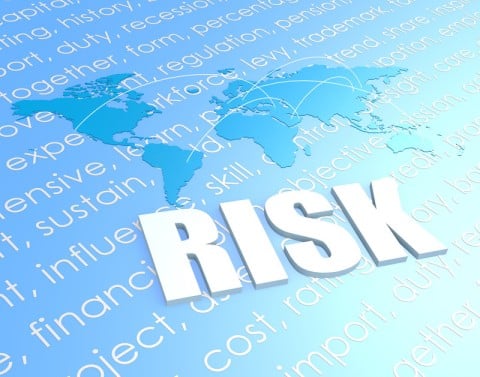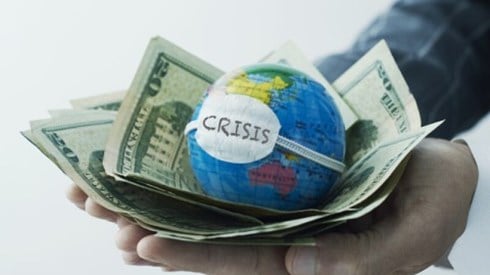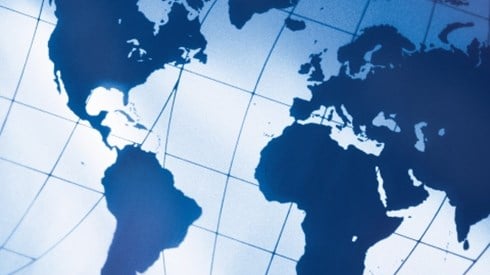Political Risks Increase Due to Combined Effects of Related Risks

April 10, 2023

A variety of factors working together will likely lead to a fragile political and economic environment around the world this year, according to Marsh's Political Risk Report 2023.
The Marsh report cites four areas in which growing political, performance, and credit risk threaten global trading, security, and investment environments: political instability, economic retrenchment, competition for strategic resources, and supply chain diversification.
According to Marsh, persistent political instability threatens the economic and investment environment, particularly when coupled with inflation. That political instability could also threaten the social fabric of emerging markets, Marsh says. Recent and upcoming elections in a number of countries could add to social instability and political polarization, the report says.
The Marsh report notes that economic retrenchment has become a dominant trend as governments focus on their national economic security self-interest. That focus often comes at the expense of free trade, Marsh says, creating an additional challenge for international alliances. "In 2022, every region felt the impact of the slowing global economy, although some were better insulated than others," the March 2023 Marsh political risk report says. "Decisions by key economic powers on issues from fertilizers to microchips to the energy transition will continue to have global repercussions."
As that economic retrenchment progresses, the lines between national and economic security are often blurred, Marsh says. Many governments are taking both offensive and defensive actions to bolster their economies, such as erecting protectionist barriers, which could threaten the economic, energy, and food security of other countries.
"As economies adjust to these changing dynamics, new global winners and losers will emerge," Marsh says. "The impact of economic retrenchment may be especially strong in countries that rely on importing food and fertilizers, contributing to food scarcity and higher food prices.
The Russia-Ukraine conflict as well as the growth in demand for raw materials used in modern technologies have increased competition for strategic resources, the Marsh report says. "While countries that hold these resources are seeing opportunities for growth, the competition between governments in many places contributes to geopolitical instability," Marsh says.
While the Russia-Ukraine conflict has heightened global supply chain challenges and increased commodity prices, longer term the invasion might alter the strategic resource landscape and accelerate the move to a greener energy future, the Marsh report says.
As businesses look to mitigate the impacts of rising material prices, exchange rate fluctuations, increased shipping costs, and government interventions, supply chain diversification brings new risks, according to Marsh. Supply chain resilience trends such as reshoring and supply chain simplification may disrupt economies and businesses for years to come, yet they also present opportunities for nimble competitors, Marsh says.
"Building supply chain resilience will increasingly become a source of competitive advantage for companies able to capitalize on the ongoing disruption and global realignment," the Marsh report says.
Across the four trends, Marsh found economic risks continuing to increase across most regions. That increase is largely the result of high inflation, the report says, which adds to existing geopolitical tensions.
Marsh notes that in its Global Risks Report 2023 that the World Economic Forum (WEF) cited the impact of "polycrises" resulting from the compounding effect of related risks. Those polycrises will test resiliency at global, country, and business levels, Marsh says.
"The WEF report, created in partnership with Marsh McLennan and others, warns that these polycrises have turned the focus of nations inward and that the emerging outlook for international cooperation is deteriorating," the new Marsh report says. "A better balance between national preparedness and global cooperation is needed to build collective resilience to the next global shock or shocks, whatever form they may take."
Marsh cites four "substantial and overriding global economic growth drivers" as an unusual feature of the current elevated political risk environment: a backlog of core infrastructure investment, the need to rapidly increase investment in the energy transition to meet 2030 climate and sustainability goals, energy and food security, and defense investment.
"Changing economic or political circumstances may impact these four growth drivers, but they are global imperatives that will affect almost every step of every supply chain for many years to come," the Marsh report says. "This presents public and private corporations, in every region of the world, with substantial investment and trade opportunities."
That combination of complex, volatile risks and growth opportunities creates an environment in which credit, performance, and political risk management and mitigation is critical, Marsh says, not only to protect capital but also to enable growth and new investment.
The Marsh report notes that while foreign direct investment in emerging market countries has rebounded, ongoing political instability could stifle economic growth and investment returns in emerging markets.
And, while global inflation is expected to ease in 2023, the trend might be seen in emerging market countries, Marsh says.
"Emerging markets offer investors the potential for high rates of return. However, political and economic instability may continue throughout 2023, threatening to dampen returns on capital and the security of existing assets," the Marsh report says. "A review of each country's resilience and industry-specific risk exposures can help investors understand the medium- and long-term prognoses."
Private credit and political risk insurance can create real financial benefits for investors by protecting their returns on emerging market investments and enhancing projects' internal rate of return, Marsh says.
Marsh's 2023 political risk report concludes by noting that almost all regions have seen their trading, security, and investment environments deteriorate since 2019 due to the convergence of unprecedented events.
"These interconnected crises, or polycrises, are expected to continue to reverberate across the world in 2023, highlighting that the need to mitigate credit, performance, and political risk has never been more critical," the Marsh report says. "To ride out this volatility, companies are advised to deploy tools to manage credit, performance, and political risk, from both public and private sources."
April 10, 2023




